Exploring the animal kingdom isn’t just about admiring furry faces or graceful movements. Many creatures are astonishingly intelligent, showcasing capabilities that might make you rethink the whole “dumb animal” stereotype. Whether they’re solving puzzles, using tools, or engaging in social intricacies, these creatures exhibit intelligence that often rivals—or even surpasses—our own. So, let’s dive into the intriguing world of animal smarts and discover 15 animals that might just outwit us in their unique ways.
1. Dolphins and Their Social Savvy
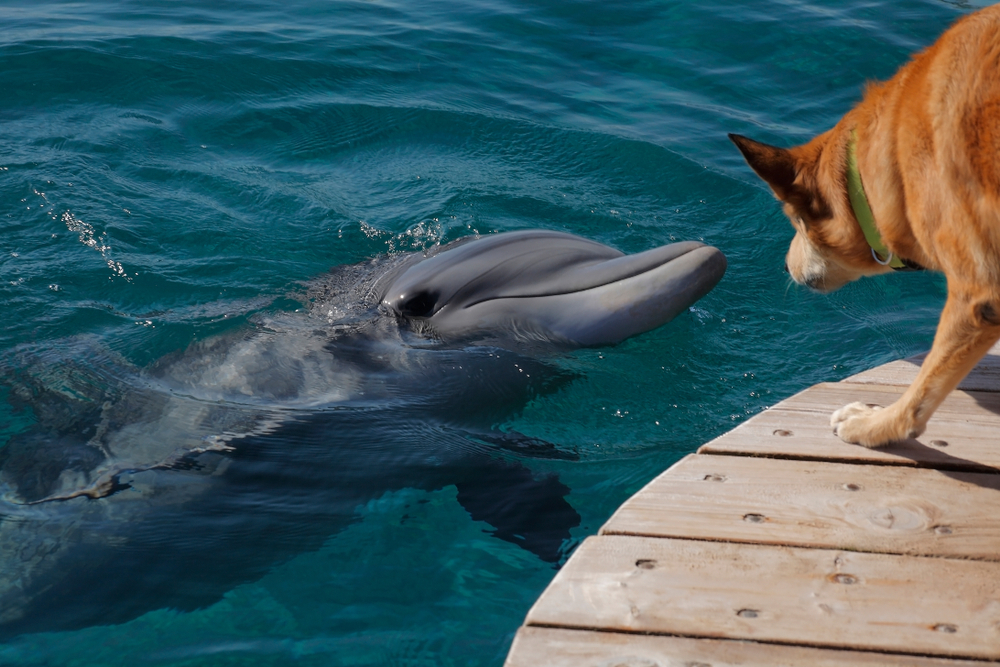
Dolphins aren’t just performing impressive tricks at marine parks; they exhibit complex social interactions that put human small talk to shame. With the ability to recognize themselves in mirrors, use tools, and even have their own signature whistles, dolphins are the social butterflies of the sea. They gossip in clicks and whistles, forming cliques and alliances akin to high school cafeterias. Their ability to understand abstract concepts and demonstrate empathy further cements their status as one of the brainiacs of the ocean world.
2. Crows: Nature’s Engineers
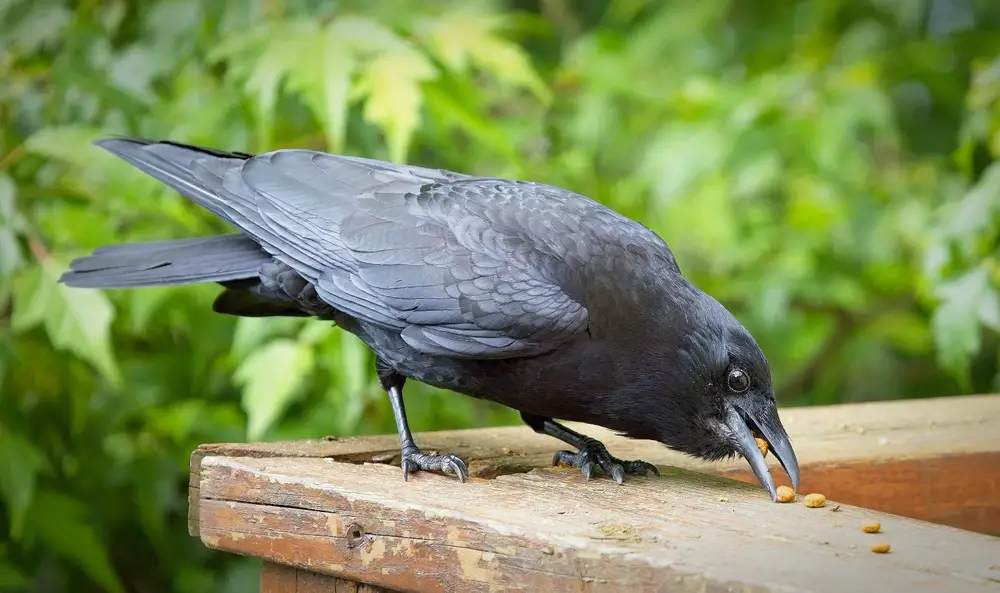
Crows have a knack for problem-solving that would make any engineer envious. These birds craft tools from sticks to extract insects from bark, and they’ve been known to solve multi-step puzzles with alarming speed. Even more fascinating, crows can remember human faces and hold grudges—talk about cognitive complexity! Their ability to adapt and think critically in the wild showcases a level of intelligence that rivals our own creative problem-solving skills.
3. Octopuses and Their Escape Artist Antics
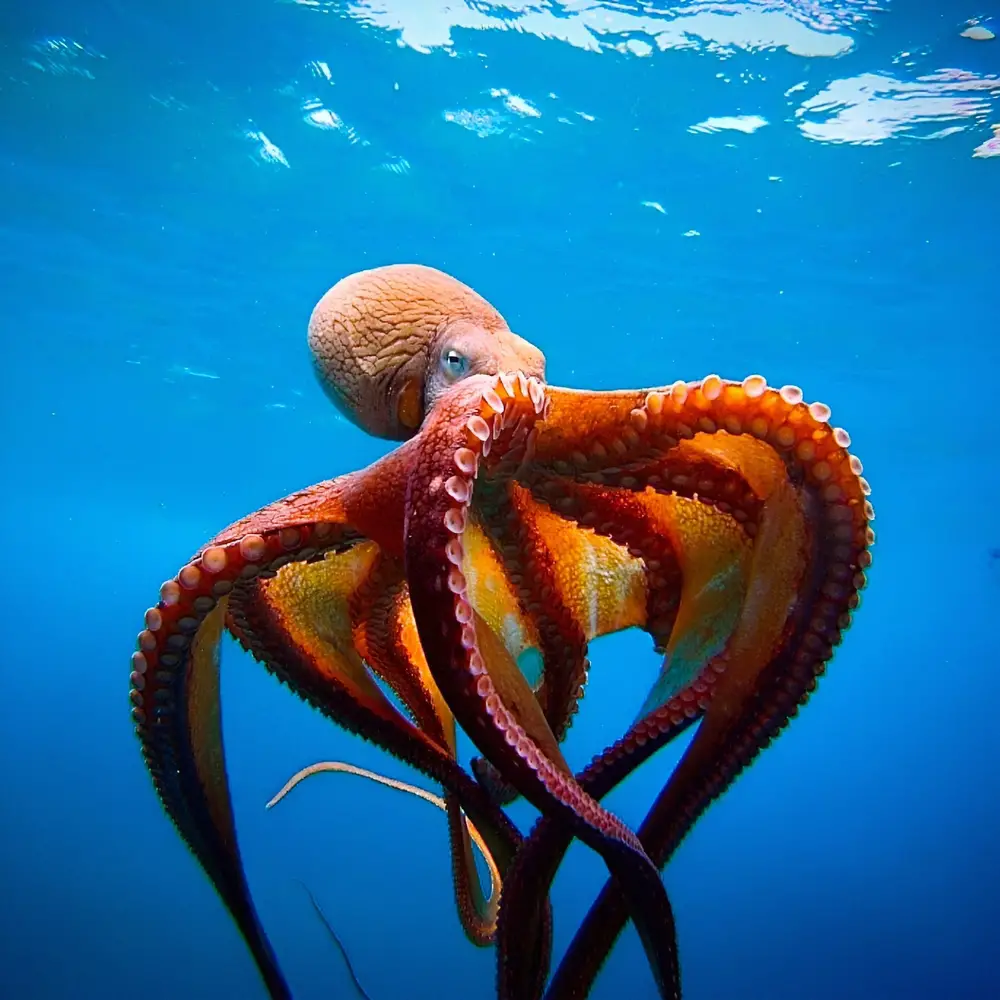
Octopuses are the Houdinis of the ocean, known for their ability to flex and squeeze through impossibly tight spaces. With their remarkably developed nervous systems, they can open jars, solve puzzles, and even mimic other sea creatures. They demonstrate short- and long-term memory and have been observed playing—an activity that indicates cognitive sophistication. Their impressive skills highlight a level of intelligence that is not only surprising but also a bit eerie.
4. Elephants and Their Emotional Depth
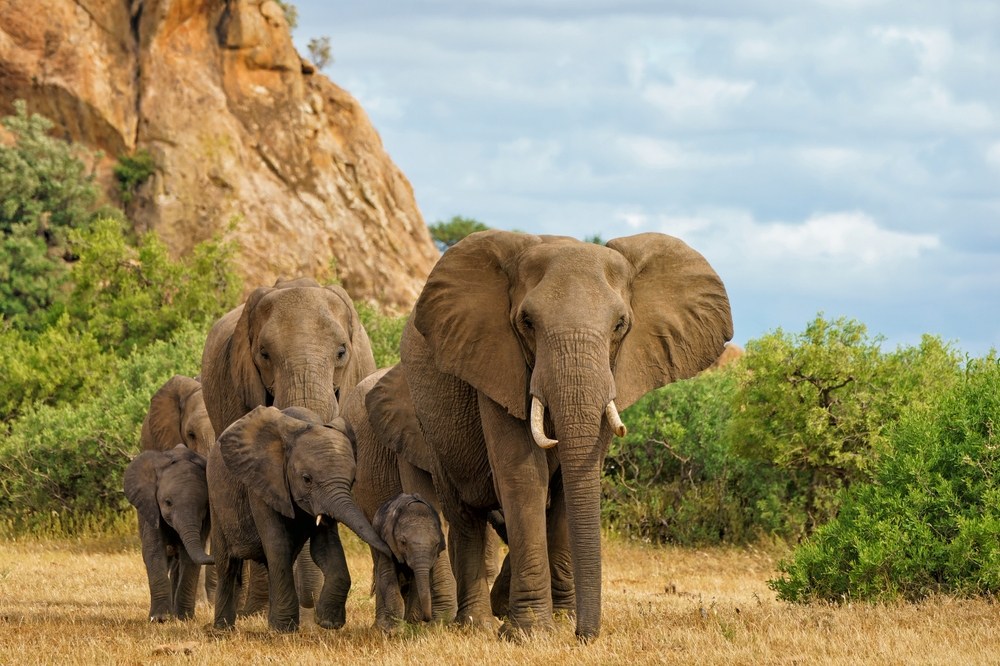
Elephants possess an emotional intelligence that can put some of us to shame. Known for their ability to mourn, display empathy, and even hold funerals, these gentle giants have a deep understanding of social complexities. They recognize themselves in mirrors and can solve problems collectively, showing a blend of social and intellectual prowess. Their incredible memories aid in navigating vast territories and maintaining intricate social connections over years.
5. Pigs: More Than Just Farm Animals
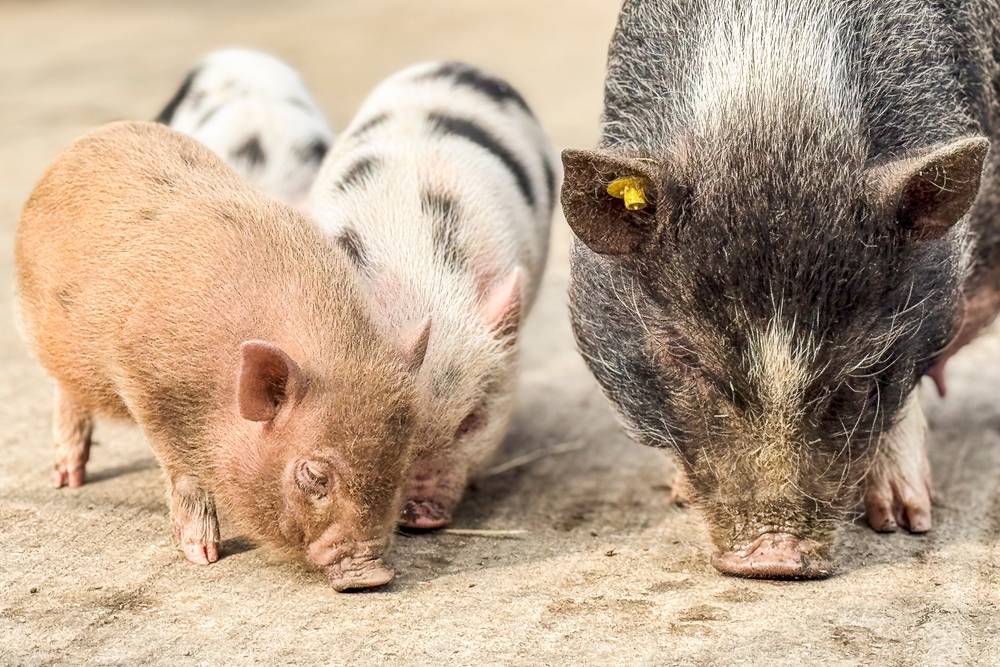
Pigs are far more intelligent than they get credit for. They can learn tricks faster than dogs, recognize and remember objects, and even play video games with joystick-like devices. Their problem-solving skills are complemented by strong social bonds, and they can engage in cooperative activities. Pigs have been shown to use mirrors to find hidden food, demonstrating a level of self-awareness that hints at their cognitive depth.
6. Parrots and Their Linguistic Flair
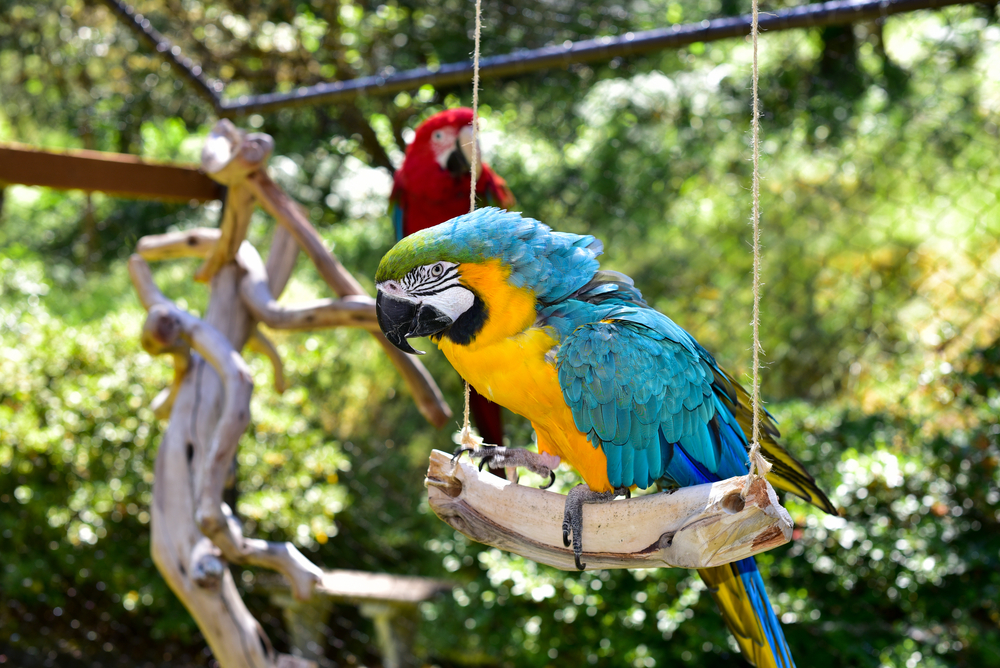
Parrots aren’t just mimicking your words; they understand them in meaningful ways. These feathered polyglots can learn and use hundreds of words, not just for communication but also for problem-solving. Famous cases, like Alex the African Grey, have shown that parrots can understand concepts like shape, color, and number. Their ability to use language creatively suggests a cognitive complexity similar to that found in young human children.
7. Rats and Their Maze Mastery
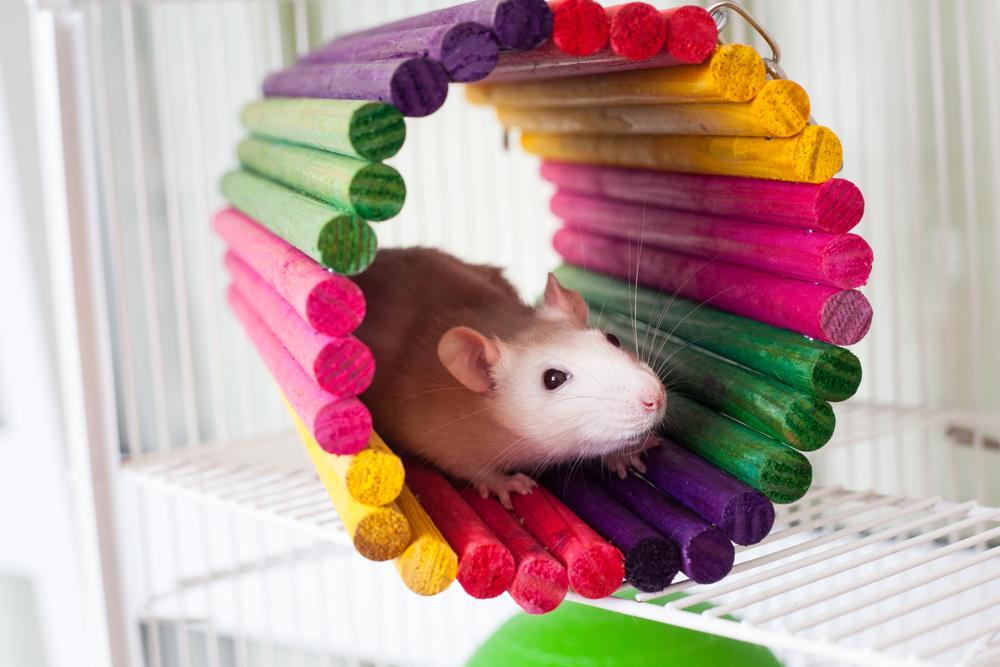
Rats might not win any popularity contests, but their cognitive abilities are truly remarkable. They excel at navigating mazes and can remember routes for long periods. They exhibit behaviors such as empathy and even regret, suggesting a depth of emotional intelligence. Rats are quick learners, able to adapt to new challenges and environments with impressive speed. Their ability to work together and learn from each other only adds to their intellectual charm.
8. Dogs and Their Human-Like Bonding

Man’s best friend might also be one of the most emotionally intelligent animals around. Dogs understand human gestures better than any other non-human species and can interpret our emotions through facial expressions. Their ability to learn commands, solve problems, and even understand human vocabulary makes them more than just pets; they’re cognitive companions. Dogs’ loyalty and empathy create bonds that are as emotionally profound as they are intellectually fascinating.
9. Orangutans and Their Tool Use
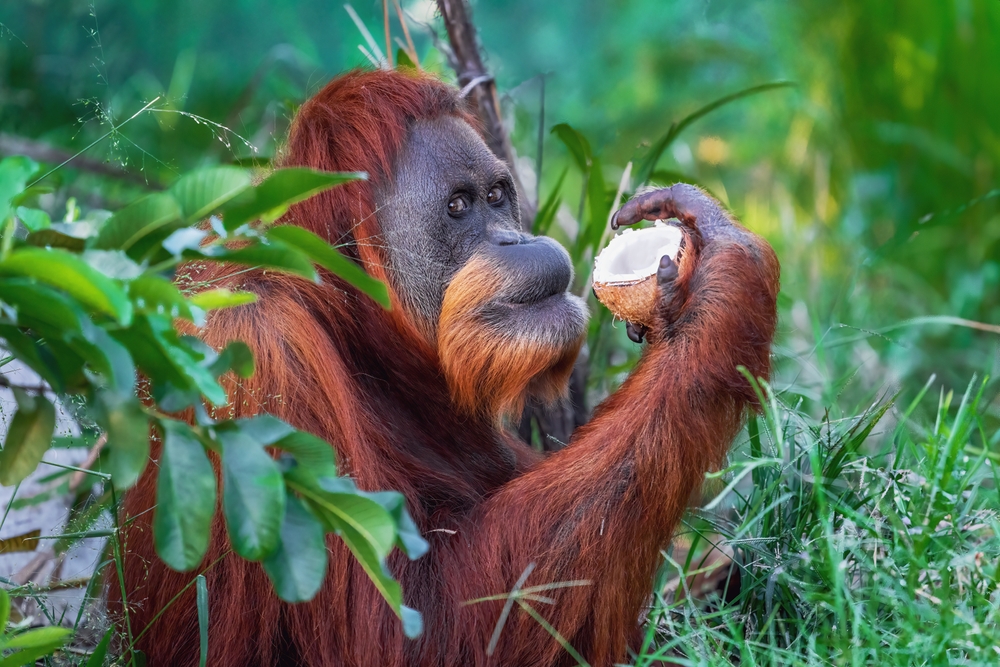
Orangutans don’t just swing from trees; they use them as toolboxes. These great apes display a high degree of foresight and innovation when it comes to using tools for foraging and building shelters. Their social structures are complex, and they can communicate using a range of vocalizations and gestures. Orangutans have even been observed planning for the future, a trait that suggests cognitive abilities akin to human planning and problem-solving.
10. Bees and Their Waggle Dance
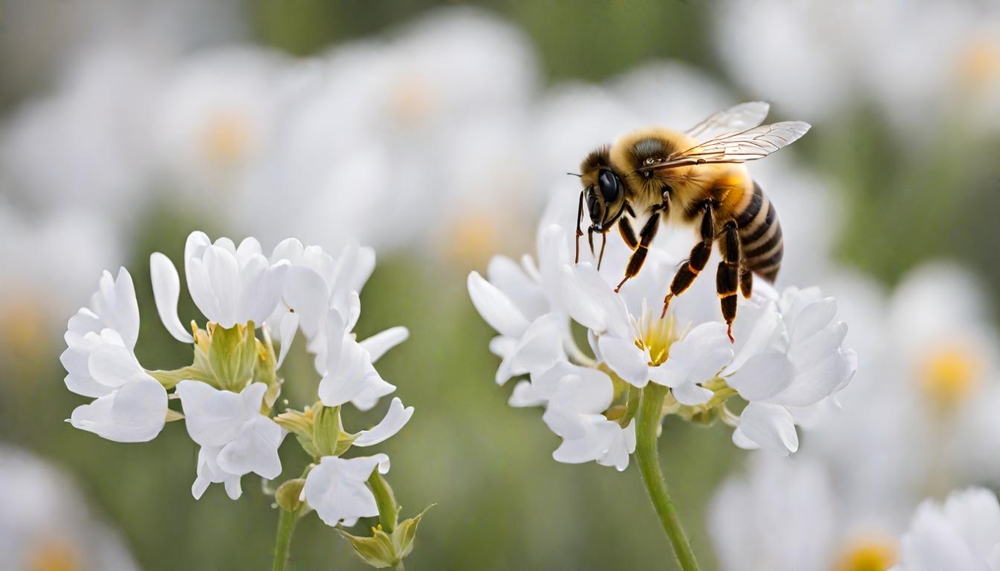
Bees communicate in a language all their own: the waggle dance. This intricate form of communication conveys complex information about the location of food sources. Their ability to work collaboratively in highly organized colonies showcases their social intelligence. Bees demonstrate navigational skills and memory capabilities that are crucial for survival. The precision and effectiveness of their communication and teamwork present an impressive level of intellect in such tiny creatures.
11. Cephalopods and Their Camouflage Capers
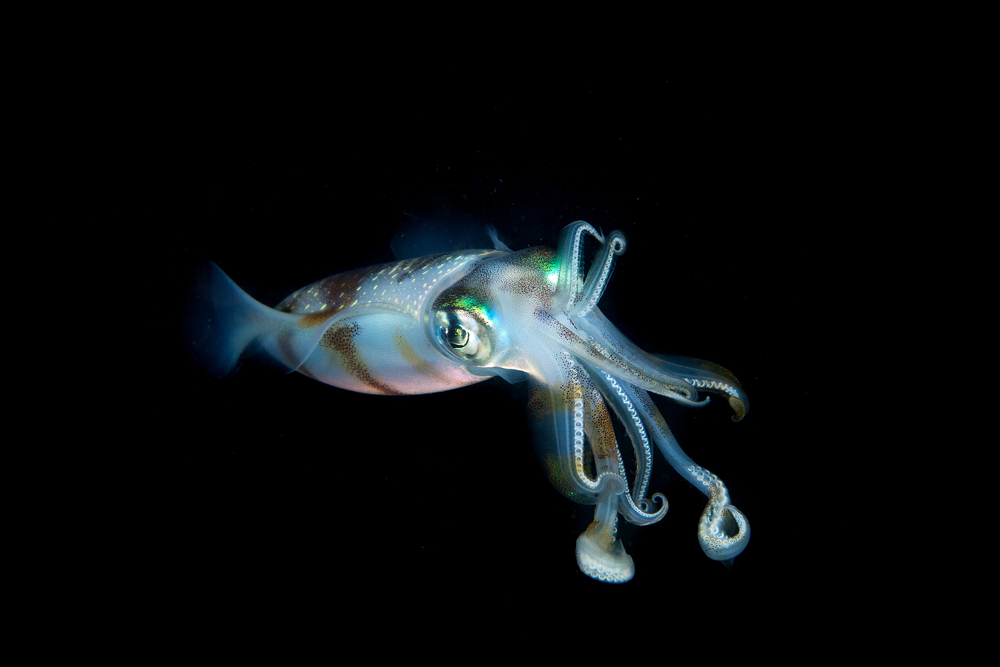
Squids and cuttlefish, like their octopus cousins, are masters of disguise. They can change color, texture, and even body shape to blend into their surroundings—all controlled by a sophisticated nervous system. This camouflage isn’t just for hiding; it’s a form of communication and strategy. These abilities highlight their intelligence in both problem-solving and environmental manipulation, showcasing a brainpower that’s both strategic and adaptive.
12. Squirrels and Their Memory Feats
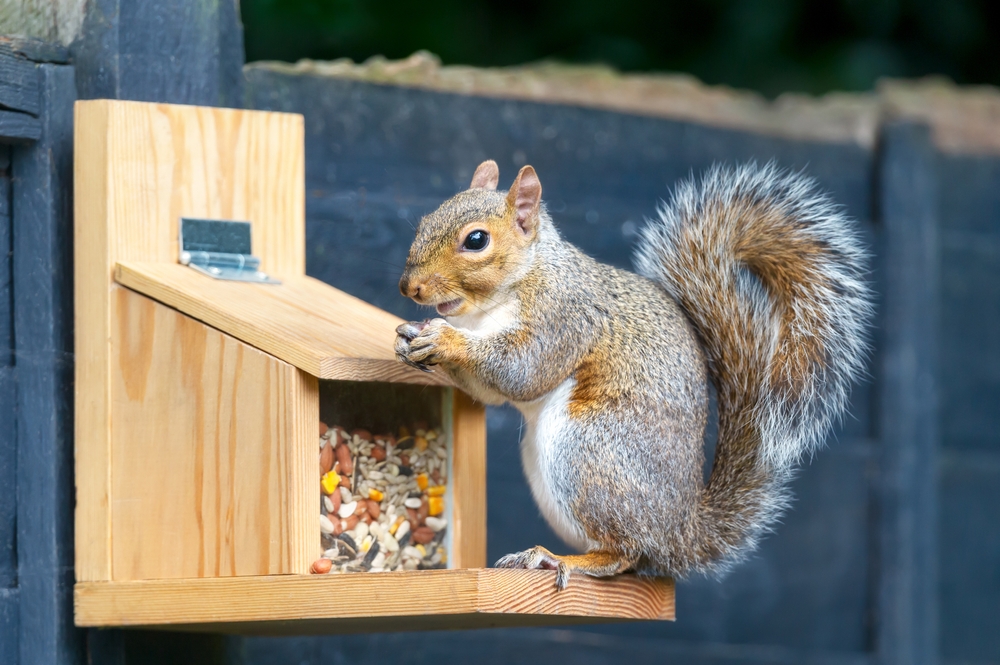
Squirrels are not just adorable acorn hoarders; they have remarkable memory skills that help them retrieve their hidden stashes. They can remember the locations of thousands of buried nuts and employ deceptive tactics to throw off potential thieves. Their cognitive maps are incredibly detailed, allowing them to thrive in various environments. This spatial intelligence and strategic thinking demonstrate a depth of memory and foresight that’s truly impressive.
13. Whales and Their Complex Songs
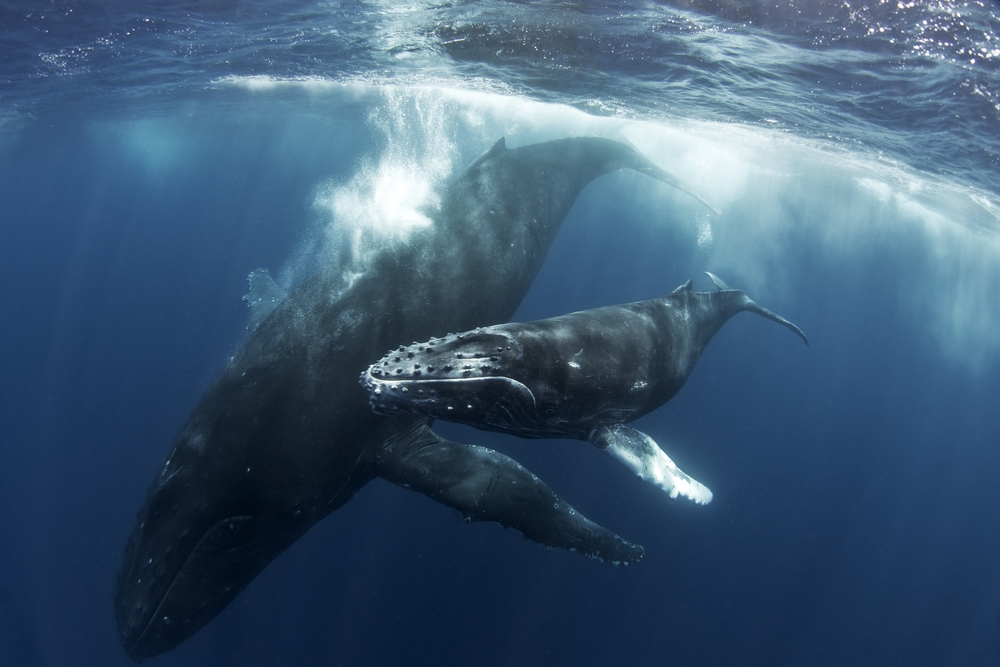
Whales compose songs that can be heard across oceans, suggesting a form of communication that’s both intricate and profound. These marine maestros have social structures that rival our own, with complex relationships and cooperative hunting strategies. Whales have demonstrated problem-solving abilities and can even teach and learn behaviors across generations. Their cultural transmission of knowledge hints at an intelligence that spans both the cognitive and the social realms.
14. Ants and Their Organizational Skills
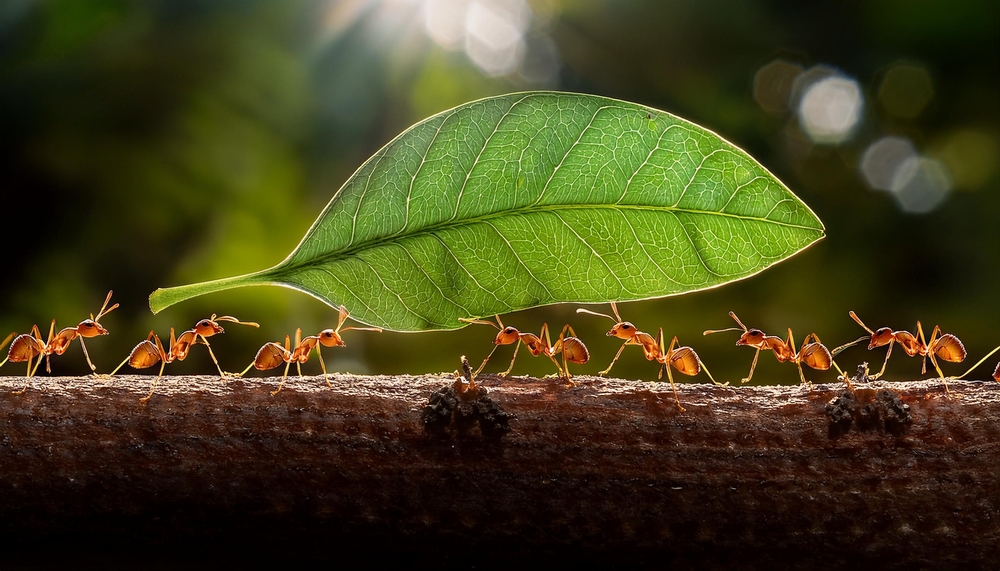
Ants might be small, but their collective intelligence is mighty. They form complex colonies with specialized roles and communicate using chemical signals, showcasing a remarkable ability to work as one. Their problem-solving skills are evident in their ability to adapt strategies when obstacles arise. Ants can learn, remember, and even engage in collective decision-making, highlighting a level of group intelligence that’s both efficient and effective.
15. Chimpanzees and Their Human-Like Traits
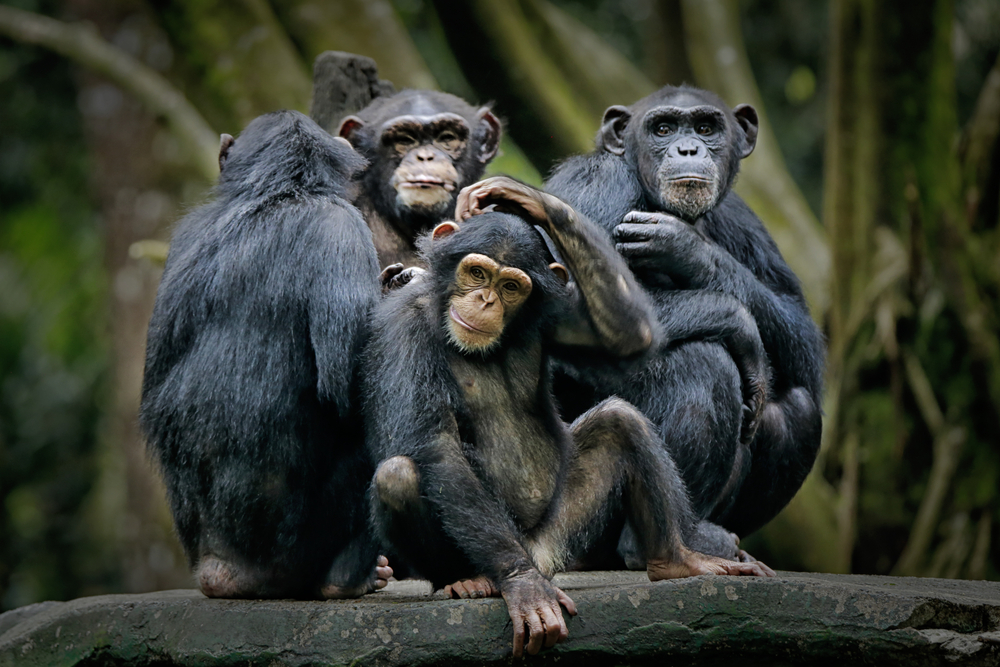
Our closest relatives in the animal kingdom, chimpanzees, share many cognitive traits with us. They use tools, engage in complex social interactions, and have been observed teaching and learning from one another. Chimps demonstrate empathy, self-awareness, and the ability to understand abstract concepts. Their cognitive and emotional skills highlight an intelligence that closely mirrors our own, blurring the lines between human and animal intelligence in fascinating ways.
